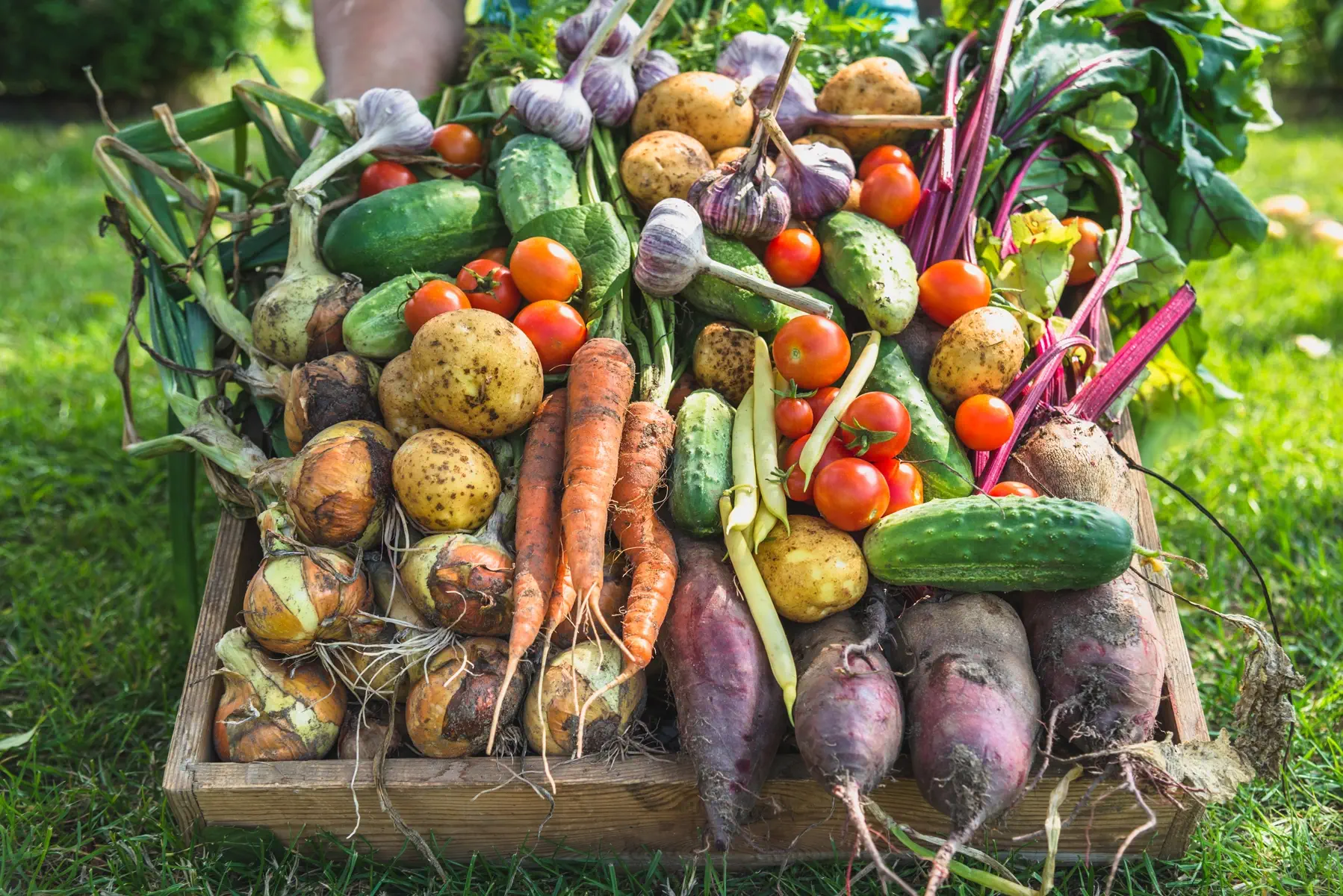Organic farming avoids or largely excludes the use of synthetic fertilisers, pesticides, growth regulators and livestock feed additives.
When considering fruit and vegetables this does not only benefit you by reducing the toxic exposure, but it is also associated with a higher food phytochemical content. Phytochemicals are secondary metabolites synthesised by plants when exposed to environmental stressors as a defence mechanism and are thought to largely contribute to the benefits of plant foods.
“Eating a variety of healthy foods is the key to a well-balanced diet and good nutrition. It keeps our bodies working well and helps prevent diseases such as type 2 diabetes, cancer and cardiovascular disease.” (2)
Organic foods contain higher levels of phytochemical than conventionally farmed food due to the greater environmental stress experienced by the organic crop and the subsequent need of the plant to produce chemicals as a means of defence. Additionally, organic farmers prefer crop varieties that are resistant to disease (which therefore tend to have higher levels of phytochemicals), whilst conventional farming methods opt for high-yielding strains.
Conventional agriculture leads to a shift of the plants’ energy use toward growth and high yield, rather than the production of micronutrients and natural phytochemicals. This has been confirmed in research which has found organic fruit and vegetables contain higher levels of phytochemicals such as resveratol, polyphenols and anthrocyanins when compared to conventional produce. Optimising phytochemical intake may be a useful strategy to enhance results in weight reduction programs according to research published in the Journal of Human Nutrition and Dietetics.
In other words to get bang for your buck on Nutrition, organic choices seem to be the front runner by a long shot!
1. Metagenics, December 2011/January 2012 Update.
2. Better Health Victoria, 2018, https://www.betterhealth.vic.gov.au/healthyliving/healthy-eating
© Haynes Acupuncture Gold Coast







